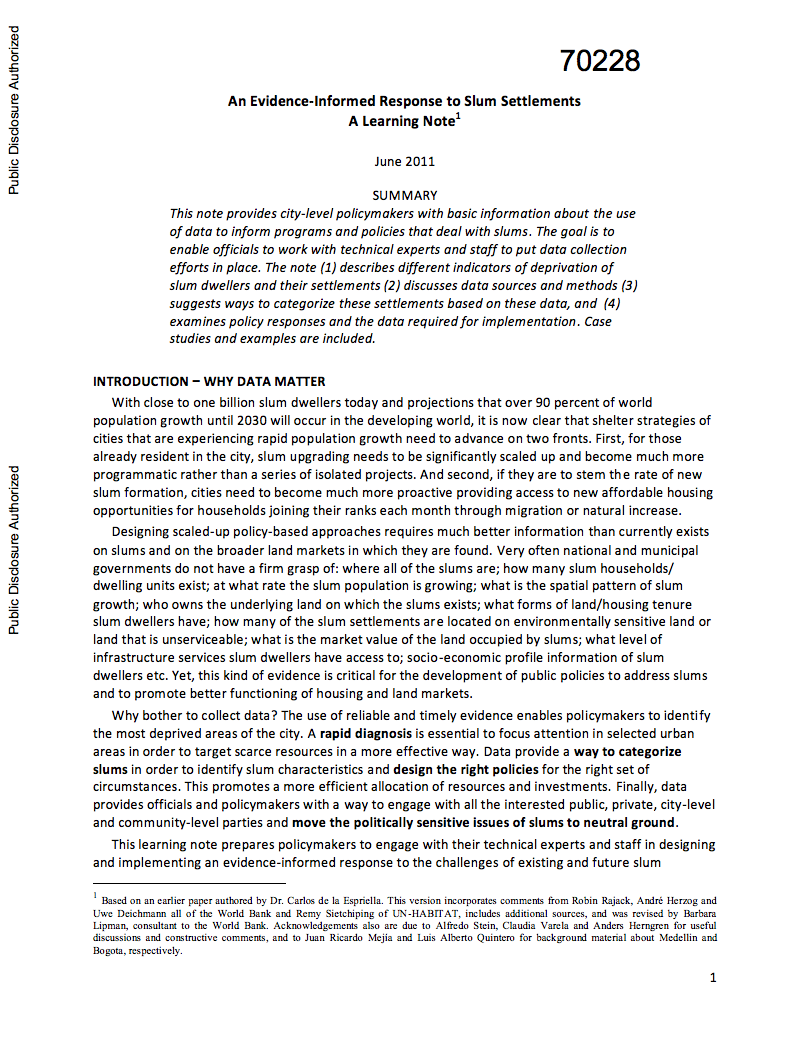Sub-Saharan Africa Refinery Project : Volume I-A. Health Study Final Report
The Sub-Saharan Africa Refinery Study
evaluates the effects of improved fuel specifications on
refiningoperations and air quality in Sub-Saharan Africa
(SSA). The improved fuel specifications would reduce the
levels of certain pollutants in fuels, in turn reducing
human exposure to these pollutants in ambient air. The
health study estimates the health impacts and associated
monetary benefits associated with the proposed improvements


